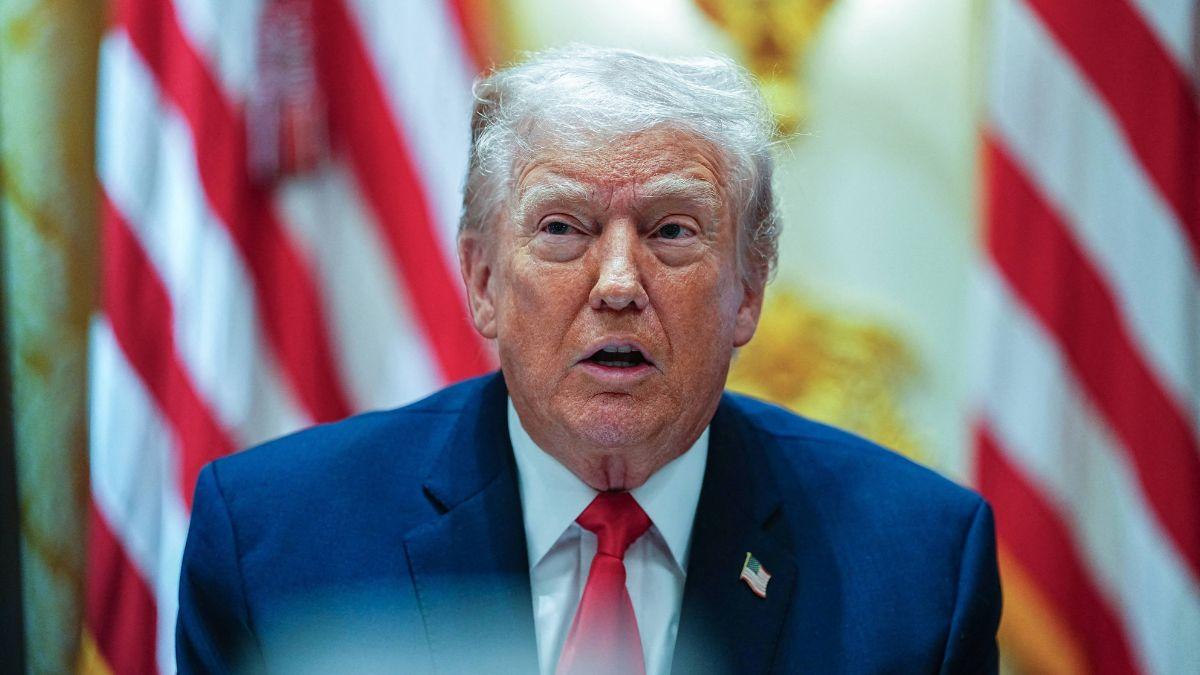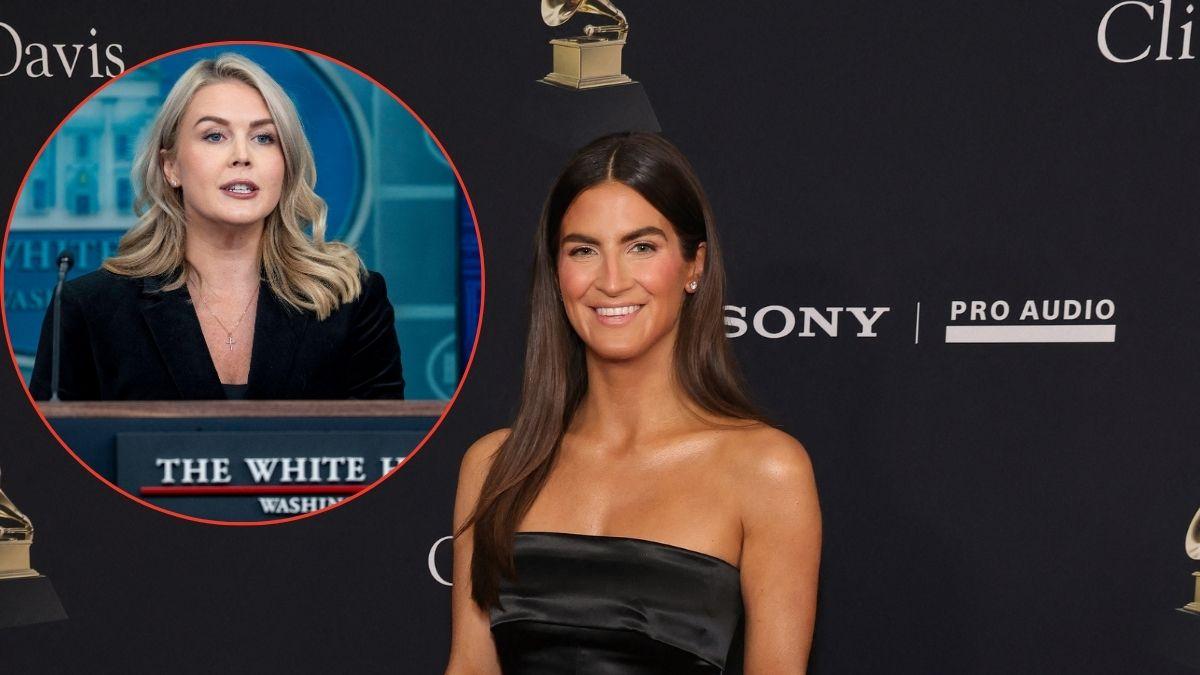Clarence Thomas Cites Debunked Claim Of Vaccine Being Made From 'Aborted Children'
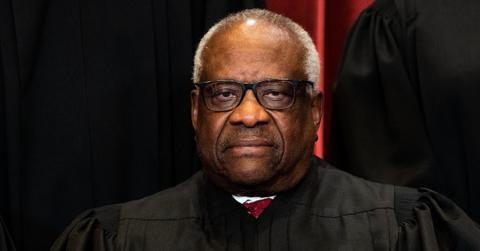
Clarence Thomas.
July 1 2022, Published 10:21 a.m. ET
Supreme Court Justice Clarence Thomas cited a debunked claim that COVID-19 vaccines are made of cells from "aborted children" during a recent dissenting opinion, RadarOnline.com has learned.
According to the Daily Mail, his opinion came during a Supreme Court decision not to take up a legal challenge by New York health care workers who opposed the vaccine mandate because of religious beliefs. Thomas cited the plaintiff's argument of the vaccine being denied based "on religious grounds to all available COVID–19 vaccines because they were developed using cell lines derived from aborted children," the outlet reported.
According to the Daily Mail, the idea that COVID vaccines were made using fetal cell lines is not true. Rather, Pfizer and Moderna used fetal cell lining to test the efficacy of their formulas early on during the vaccine process.
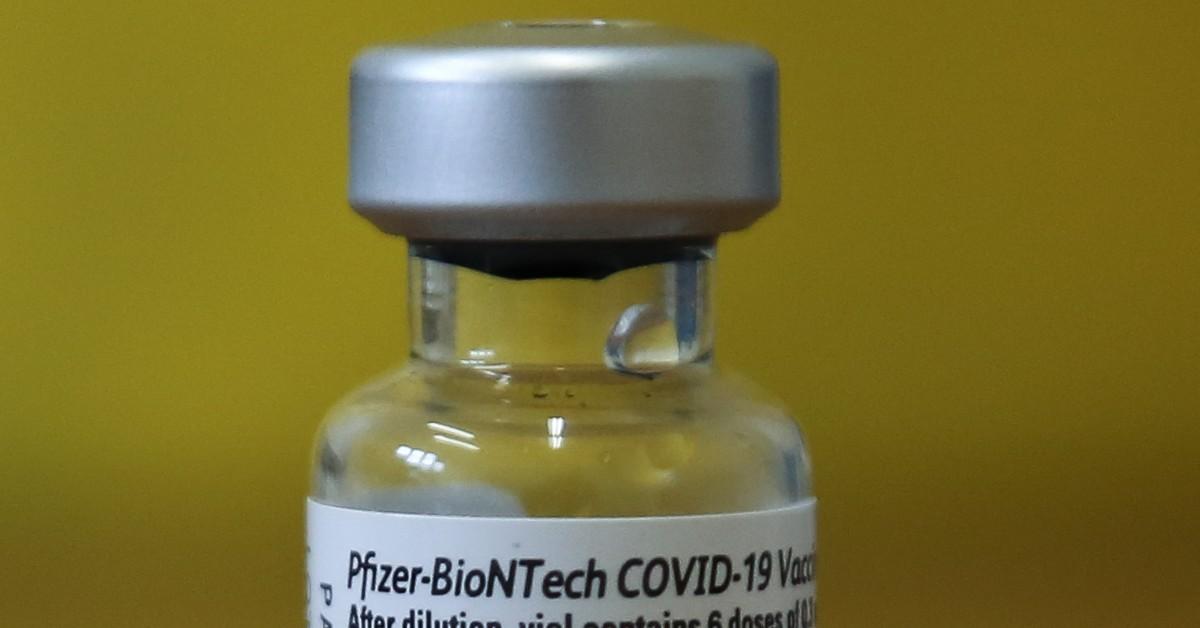
COVID vaccine.
The Daily Mail reported that the cells used were from elective abortions from decades ago. The cells have replicated several times and none of the original tissue has been used in current vaccines. Lawyers for New York state said lab-grown stem cells were also used in the rubella vaccine process.
The Daily Mail reported that the cells used were from elective abortions from decades ago. The cells have replicated several times and none of the original tissue has been used in current vaccines. Lawyers for New York state said lab-gorwn stem cells were also used in the rubella vaccine process.
Still, Thomas and Justices Samuel Alito and Neil Gorsuch cited the debunked claims.
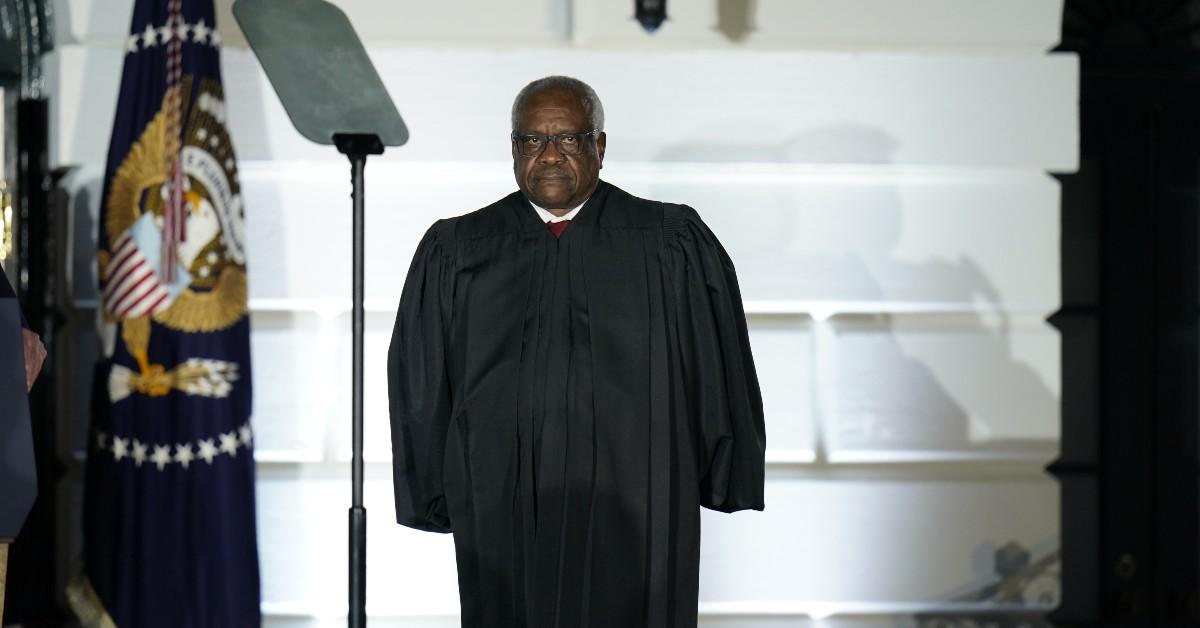
Clarence Thomas.
New York had mandated government employees to be vaccinated to curb the newest COVID variant. It had allowed religious and medical exceptions before being removed later.
Sixteen health care workers sued, saying they had religious objections becauses of the fetal cell lines that were involed in the vaccine development. New York state lawyers argued that the process was not anything abnormal.

"The presence of a single, limited medical exemption to a vaccine requirement does not require the State to provide a blanket religious exemption from vaccination,' the lawyers said in written submissions," the lawyers wrote.
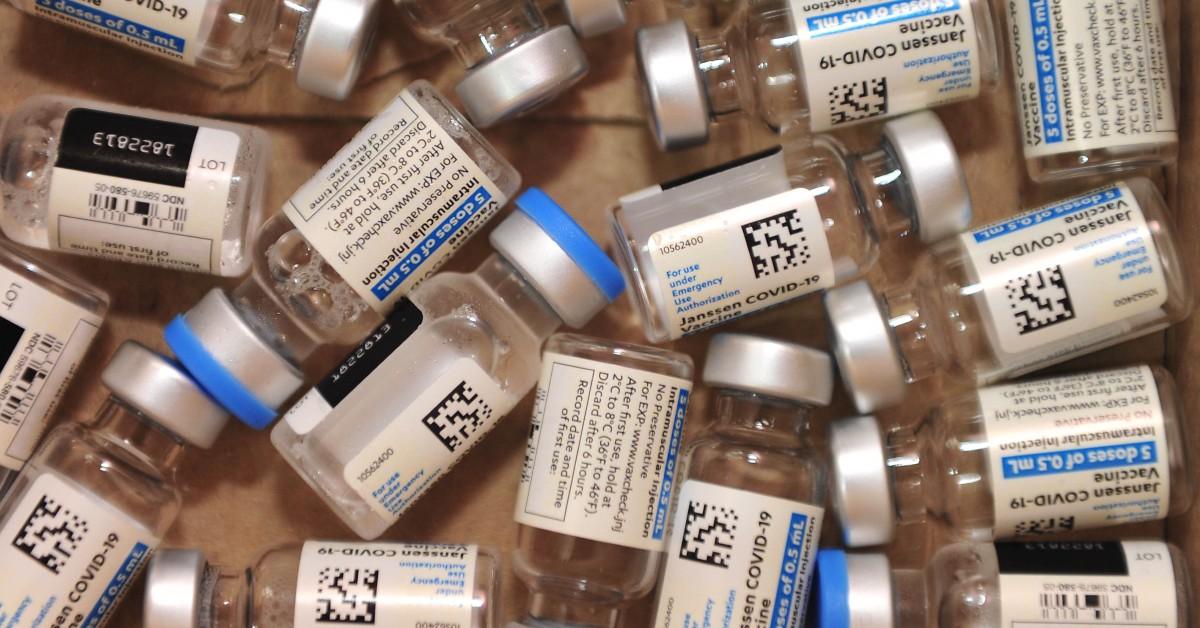
COVID vaccine.

